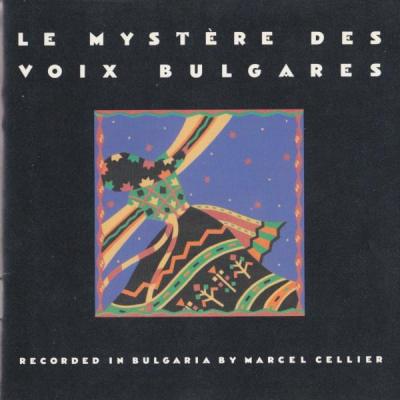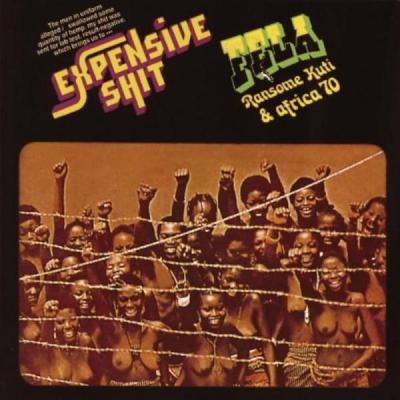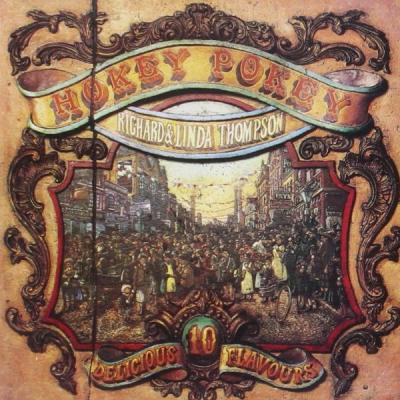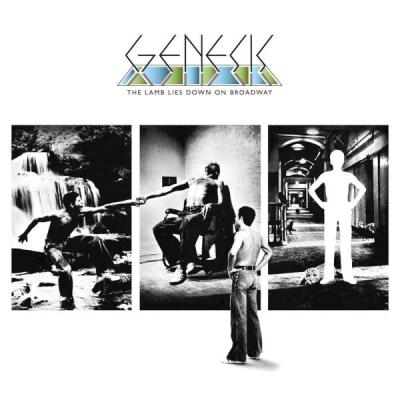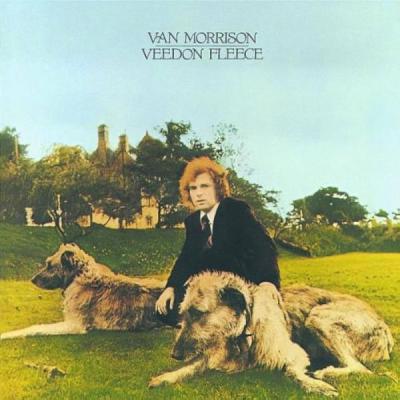

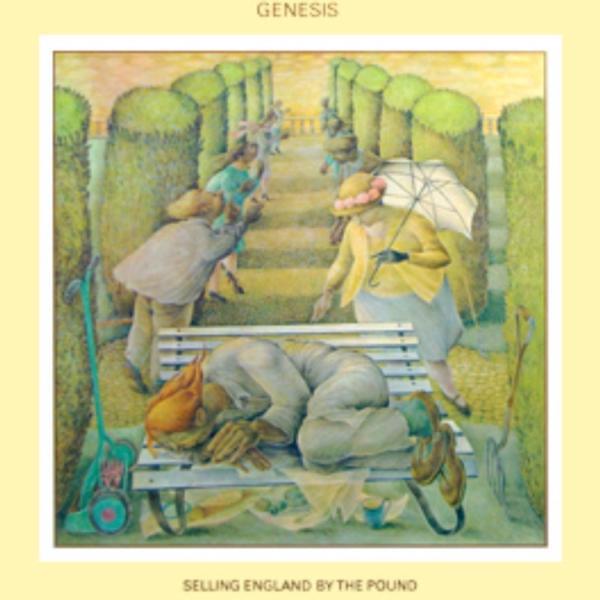
Genesis: Selling England By The Pound
Album #180 - October 1973
Episode date - December 7, 2022
I am starting this essay with the underlying feeling that I am about to sell my soul to the devil. Strong opinions of like/dislike usually stem from a deeply personal space, so to contradict my own instinct feels like abandoning integrity for the sake of populism. I say this upfront because I have never appreciated the music of Genesis. Among those who write critical analyses of pop music, I am a distinct minority in this regard, so for years I felt determined to fix this shortcoming/prejudice of mine.
Unlike most people, I don’t always listen to music for the purpose of pleasure. I often approach it as a ‘job’ of sorts. For example, I don’t simply ignore critically acclaimed music that I dislike. Instead, I bask myself in it, over and over again, until some of the factors that cause others to praise the music start to sink in. I have gone back to Genesis again and again and again to see if I might glean some elemental trait that I previously missed, but always seem to come up empty-handed. With Genesis, the barriers actually seem to get higher, not lower.
My own personal tastes have evolved toward music that is organic, without overt fussiness but deeply connected to the human psyche. Somebody once said that great music often consists of little more than ‘three chords and the truth’, and although that expression is flawed (one chord is all that is necessary, in many cases), it is a powerful axiom that translates to “keep it simple, stupid”, and classic Genesis, never, ever kept it simple. Music patterns shift with the unpredictability of ocean waves, time signatures rearrange themselves so often that you need a calculator to know where you are, and melodies abandon any sense of relation to tradition. I find this trait particularly annoying, because on the band’s 1973 release, “Selling England by the Pound,” they make a point about how the spirit of ‘ye olde England” is getting lost, and yet their own music seemed to stomp roughshod through the garden of classic English folk, burying any possible relationship to their past under synthesizers and indecipherable lyric imagery that bore no relation whatsoever to England’s vast and ancient music tradition.
Despite my own impressions, I felt I would be remiss to exclude Genesis from any list of ‘great alternative albums’, so I swallowed humble pie whole and immersed myself in what many regard as the band’s best album. Once again, like Sisyphus pushing the same boulder up the same hill, I set out to discern sense from absurdity as if paying for my own sins. There’s got to be an easier way to go about this business, but (and I am not kidding) this time, things were different. Melodies intrigued me, Peter’s elliptical tales amused me, and I even started to tap my foot as I took pleasure in their occasionally convoluted time signatures. My first thought was “This can’t be happening”, but I’ve played “Selling England by the Pound” five times now this week – I’m listening as I type this – and I am learning to like it more and more.
Practice makes perfect, I guess, or perhaps redundancy breeds familiarity. Either way, I can genuinely endorse Genesis now, especially “Selling England by the Pound.” I’m not some happy-faced idiot who accepts the album blindly – I still see ‘cracks in the pavement’ – but I no longer sustain a blind ignorance. Its creativity is undeniable, from the imaginative and literate wordplay to the uplifting melodies that surely make this an important album in the development of ‘progressive’ rock. My ears have been opened! I know Genesis fans will mock me for my stubborn, ridiculous path to acceptance, but I hope they’ll at least realize that I came about this honestly. True believers might not condone my backhand compliments or will never forgive my lifelong ignorance, but regardless of the mockery, I am still born again. You may love the band or you may hate them, but ignore them at your own peril. Thirty years ago, I despised “Selling England By the Pound”. Now, I genuinely appreciate it. At last, my conscience is clear.
Featured Tracks:
Dancing With The Moonlit Knight
I Know What I Like (In Your Wardrobe)
Firth of Fifth
More Fool Me
The Battle of Epping Forest
After The Ordeal
The Cinema Show
Aisle of Plenty
October 1973 - Billboard Charted #70
Related Shows



